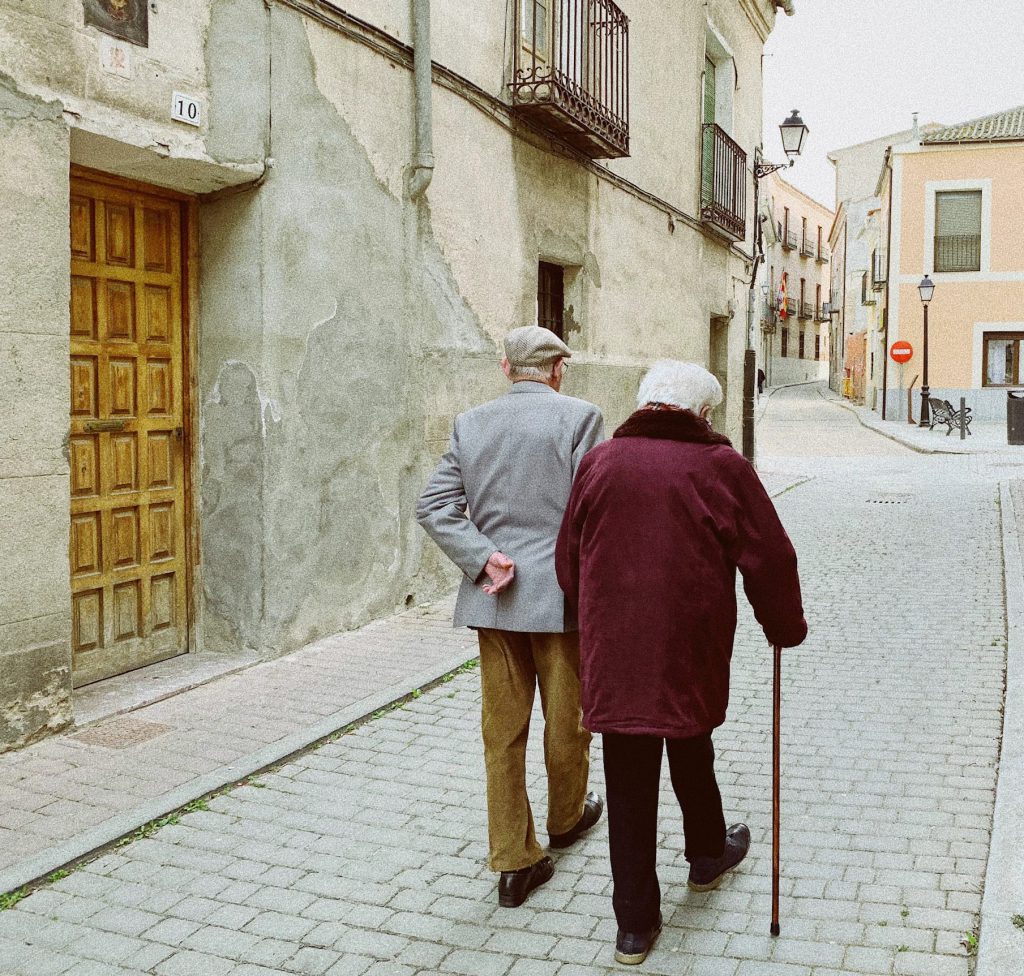Combatting the Loss of Independence in Old Age to Reduce its Impact on Quality of Life

Collaborative Post
As our relatives age, there often comes a time when they experience a loss of independence, which can significantly affect their overall quality of life. Various factors can drive dependence in old age, and it is important to understand precisely which obstacle your relative faces.
For example, fear and depression can stripe someone of their self-confidence, making them rely extensively on their close relatives for everyday needs. This can be frequently seen among people who have experienced a sudden change of health, such as a stroke, which can lead to sudden and permanent anxiety.
Long-term medical issues that lead to gradual health degradation, such as arthritis for example, are also frequently seen as a cause of the loss of independence.
Additionally, the combination of social isolation and lack of self-care, such as for seniors who may not be looking after their health, can also aggravate the loss of independence as they may develop health issues that remain unnoticed and undiagnosed for a long time.
What are the best solutions to assist an ageing loved one in regaining self-confidence and being cared for based on their level of dependence?
The empowering environment of a care home
Care homes have evolved a lot and many are by no means the same institutions you might remember from 20, 30 or 40 years ago. First of all, more care homes have developed to provide comprehensive support to each individual resident while maintaining the privacy, dignity, and freedom of choice of the seniors they look after. Places such as Prestwick Care, for example, are at the front of the care home revolution, empowering seniors through a community environment where they can network, explore their surroundings, and decide on their day-to-day activities while professional caregivers are available around the clock.
Mobility and assistive technology at home
Modifying the living environment is another effective way to promote independence among seniors who are healthy enough to live alone. You can use a vast range of independence-enhancing solutions, ranging from handrails to walk-in showers. These modifications allow older adults to move freely and confidently, reducing the risk of accidents and falls.
It is also worth mentioning the advancements in technology through innovative smart home solutions. Smart home hubs offer a range of features such as automated lighting, thermostat, and remote monitoring systems, that can prolong seniors’ independence at home. Besides, remote monitoring systems can provide peace of mind to both seniors and their families by ensuring immediate assistance in case of emergencies.
Letting your elderly relative move in with you
For those who prefer to keep their ageing loved ones closer, inviting them to move in can be a viable option. The arrangement allows for increased familial support and companionship as long as it is done while respecting the senior’s desire for independence. Naturally, it is essential to create a safe and accessible living environment, including some essential modifications to remove potential hazards.
The loss of independence in old age can significantly impact seniors’ quality of life. However, the loss of independence can happen in more than one way and may, therefore, require different solutions. Implementing appropriate solutions can help your elderly relative regain a sense of autonomy and enhance their overall well-being.

